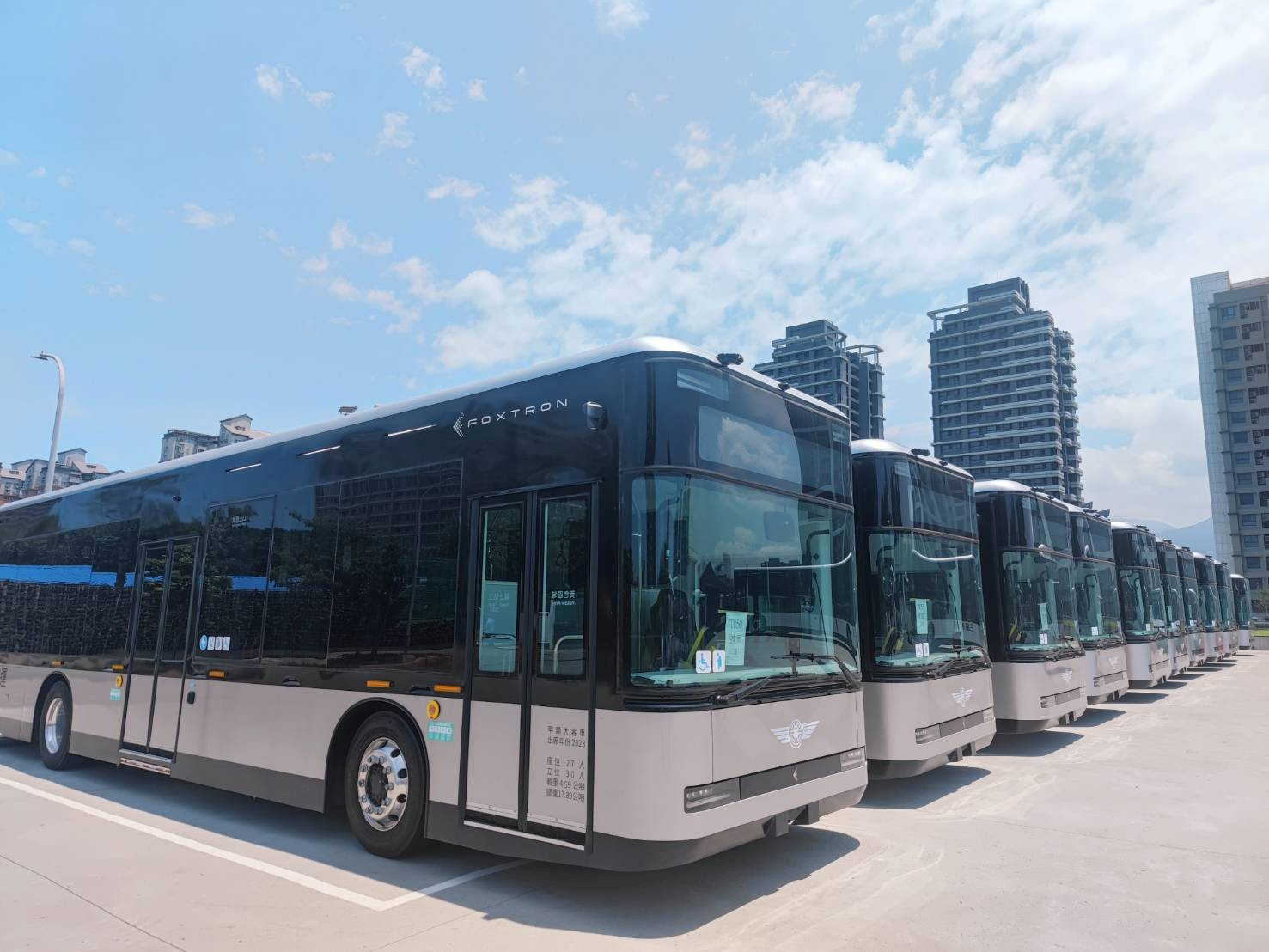Energy-efficient HVAC Controls Reducing Costs and Carbon Footprints
Energy-efficient HVAC controls focus on reducing electricity consumption while maintaining optimal indoor conditions. These controls use sensors, AI algorithms, and IoT-based monitoring to adjust HVAC operations dynamically, preventing energy waste. Energy-efficient controls are increasingly adopted in commercial, residential, and industrial sectors, aligning with global initiatives to lower greenhouse gas emissions and operational costs.
The smart HVAC controls market is experiencing significant growth as technological advancements continue to reshape the way buildings manage heating, ventilation, and air conditioning. Smart HVAC systems integrate advanced sensors, connectivity, and automated control mechanisms to optimize indoor climate, reduce energy consumption, and enhance occupant comfort. Unlike traditional HVAC systems, which operate on fixed schedules or manual inputs, smart HVAC controls use data-driven intelligence to respond to real-time conditions, adapting to user preferences and environmental factors. This shift reflects a broader trend in building automation, where the demand for energy efficiency, sustainability, and smart infrastructure drives innovation across the industry.
Market Drivers and Key Trends
Several factors are fueling the growth of the smart HVAC controls market. Increasing energy costs and stringent environmental regulations are prompting building owners and facility managers to adopt energy-efficient solutions. Smart HVAC systems can significantly reduce energy wastage by monitoring occupancy, temperature, and humidity levels, adjusting the system operation accordingly. Additionally, the rise of the Internet of Things (IoT) has enabled seamless integration of HVAC controls with other smart building technologies, allowing centralized management and predictive maintenance.
Another key trend in the market is the focus on user-centric design. Modern HVAC controls are equipped with intuitive interfaces, mobile applications, and voice-assisted technologies, providing end-users with greater control over their indoor environments. Furthermore, the integration of artificial intelligence and machine learning enhances system performance by predicting demand patterns and optimizing energy usage without compromising comfort. The increasing adoption of renewable energy sources in buildings also complements the deployment of smart HVAC systems, creating a more sustainable and cost-effective environment.
Market Size and Growth Potential
The smart HVAC controls market has witnessed substantial expansion in recent years and is expected to continue its upward trajectory. The market’s growth is driven by widespread adoption across residential, commercial, and industrial segments. In residential applications, homeowners are increasingly embracing smart thermostats and automated climate control systems to reduce energy bills and improve comfort. In commercial and industrial settings, smart HVAC solutions help facility managers optimize operational efficiency, maintain compliance with energy codes, and enhance occupant satisfaction.
Analysts anticipate that the market will experience robust growth due to ongoing technological innovations and rising awareness about energy conservation. The proliferation of connected devices, coupled with advancements in cloud computing and data analytics, enables more sophisticated control strategies and predictive maintenance. Additionally, government incentives for energy-efficient buildings and green construction practices are encouraging investments in smart HVAC technologies, further expanding market opportunities.
Competitive Landscape and Market Share
The smart HVAC controls market is highly competitive, with numerous players offering diverse solutions tailored to specific applications. Leading companies in the sector focus on innovation, reliability, and seamless integration with building automation systems. Partnerships between HVAC manufacturers, software developers, and IoT platform providers are common, allowing comprehensive solutions that enhance system performance and user experience.
Market share is often determined by the ability to provide scalable and flexible solutions that cater to different building sizes and operational requirements. Companies offering cloud-based platforms, remote monitoring, and predictive analytics enjoy a competitive edge, as these features align with the growing demand for efficiency and sustainability. The market also sees competition from regional and emerging players, particularly in Asia-Pacific and Latin America, where new construction and retrofitting projects create significant demand for smart HVAC solutions.
Market Analysis and Opportunities
Analyzing the smart HVAC controls market reveals several key opportunities for growth and innovation. Integration with renewable energy systems, such as solar panels and geothermal heating, represents a promising area for development. Smart HVAC systems can optimize energy consumption by coordinating with renewable energy sources, reducing dependence on traditional energy grids. Additionally, the rising trend of smart cities offers a large-scale opportunity for implementing connected HVAC systems that communicate with urban infrastructure, enhancing overall energy efficiency.
Another opportunity lies in retrofitting existing buildings with smart HVAC solutions. Many older structures still rely on conventional HVAC systems, which consume significant energy and require frequent maintenance. Retrofitting with smart controls can improve operational efficiency, reduce costs, and extend the lifecycle of existing equipment. Furthermore, data-driven insights generated by smart HVAC systems can be leveraged for predictive maintenance, fault detection, and performance optimization, creating new revenue streams for service providers and technology developers.
Market Forecast and Future Outlook
The future of the smart HVAC controls market looks promising, driven by continuous technological advancements and rising demand for sustainable solutions. Market forecasts indicate steady growth in adoption rates across residential, commercial, and industrial sectors. The convergence of IoT, AI, and building automation technologies will continue to enhance the functionality, intelligence, and energy efficiency of HVAC systems.
In the coming years, smart HVAC controls are expected to become an integral part of green building initiatives, smart homes, and intelligent commercial complexes. As environmental awareness increases and energy regulations become stricter, building owners and operators will increasingly prioritize smart HVAC solutions to achieve cost savings, reduce carbon footprints, and improve occupant comfort. The market is also likely to see innovations in wireless connectivity, predictive algorithms, and user interface design, making smart HVAC controls more accessible and user-friendly than ever before.
Gaskets and Seals Market Trends
Portable Water Purifier Market Trends
Crushing, Screening and Mineral Processing Equipment Market Trends





